Bob le Flambeur (1956)
“Locks are like pretty dames: to know ’em, you’ve gotta work with ’em.”
|
Synopsis: |
|
Genres, Themes, Actors, and Directors:
Response to Peary s Review: Indeed, the crime itself only takes up the final third of the movie — and even then it doesn’t proceed anything like planned. Instead, primary focus is placed on how “wives and lovers of the men foil the plot because of greed or indifference”: … with “the one good female” in the film being “Bob’s bartender friend.” Peary asserts that “Melville’s picture neither looks nor feels like any other caper film,” given that the “floating camera gives the visuals a ‘poetic’ quality”: while “we worry about Bob,” the “picture is so easygoing that we have a chance to enjoy the sights as he drives through the wide streets of Montmarte.” Peary concludes by pointing out that the “picture has interesting characters, smart dialogue, [and] several truly unusual scenes, including the off-the-wall finale.” I’m in agreement with Peary’s overall assessment of this film, which has held up well and remains engaging throughout. Peary doesn’t include a few other highly regarded Melville films — including Le Samourai (1967), Army of Shadows (1969), and Le Cercle Rouge (1970) — in his GFTFF, so I may visit them as potential Missing Titles at some point. Notable Performances, Qualities, and Moments: Must See? Categories
(Listed in 1001 Movies You Must See Before You Die) Links: |
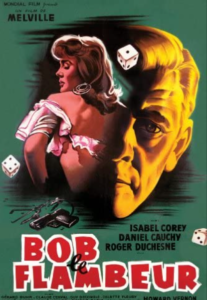
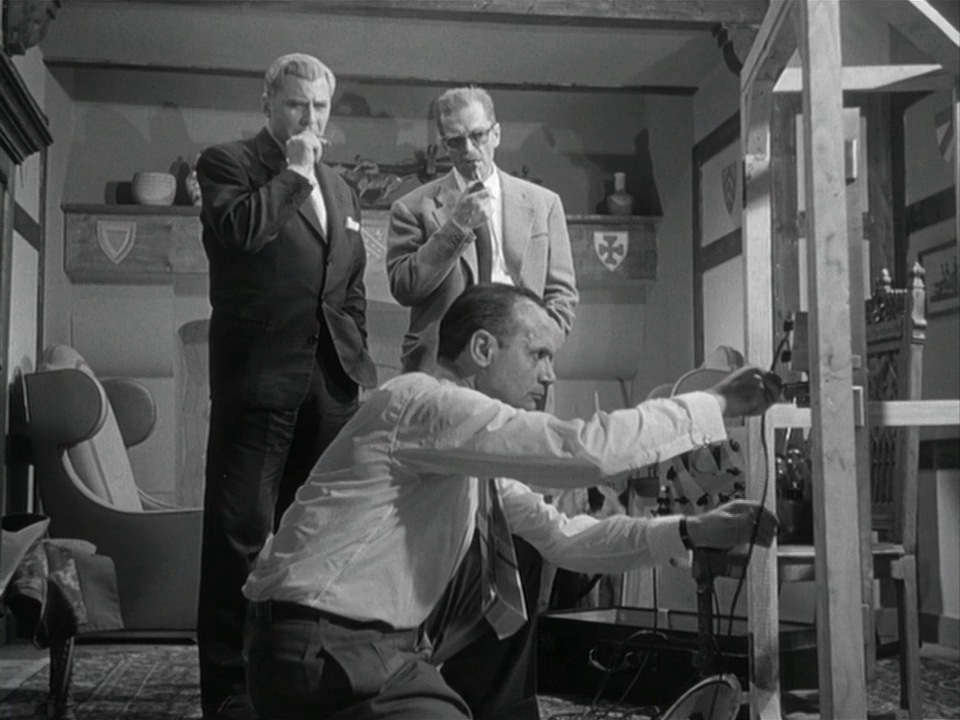
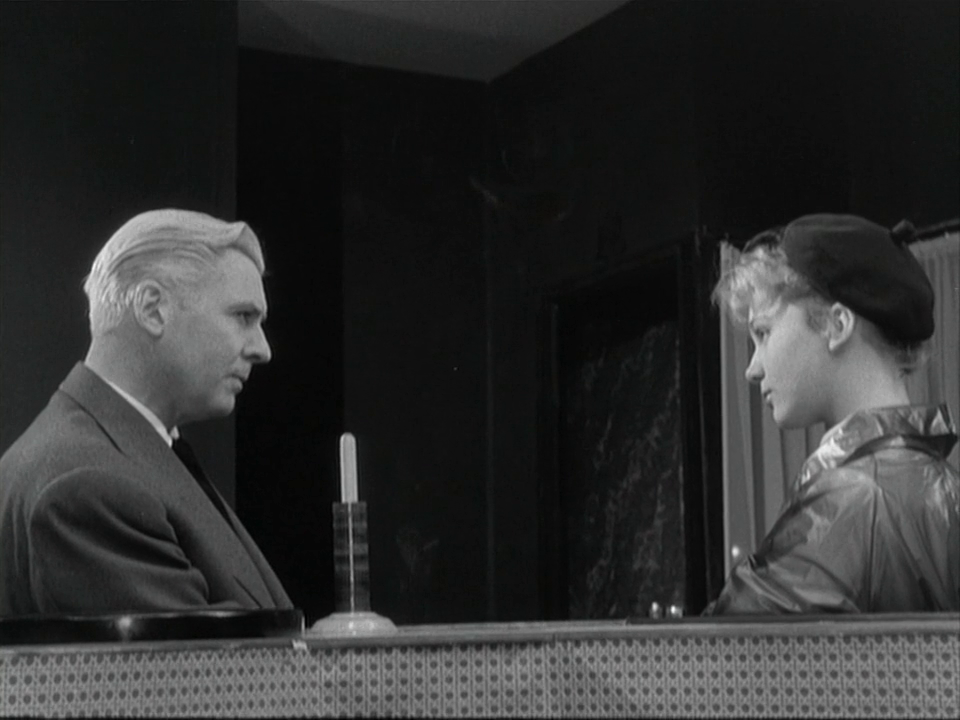
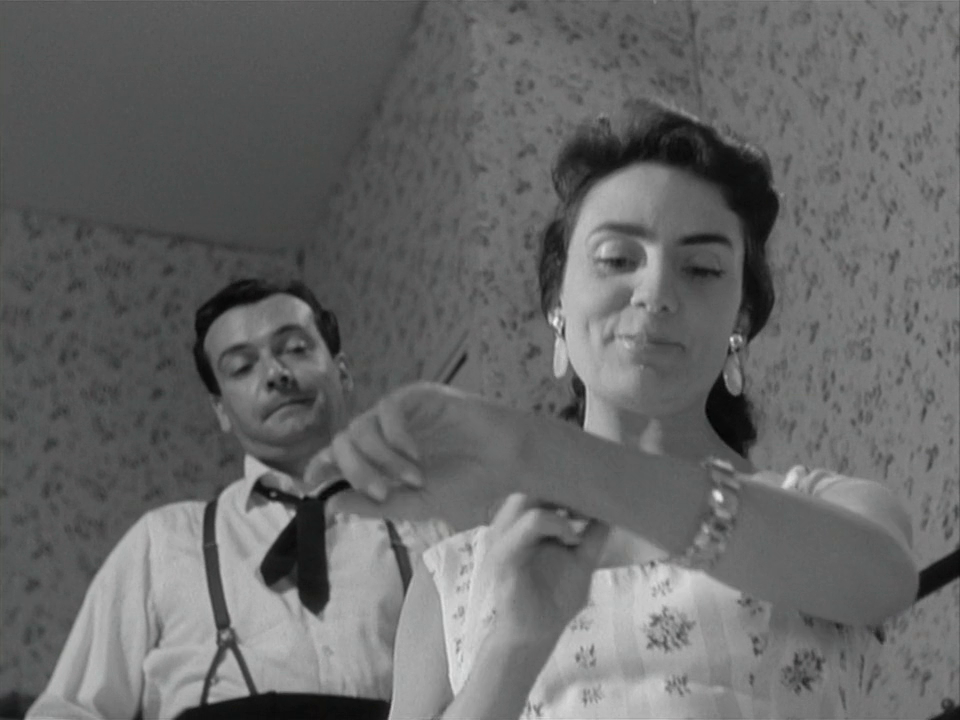
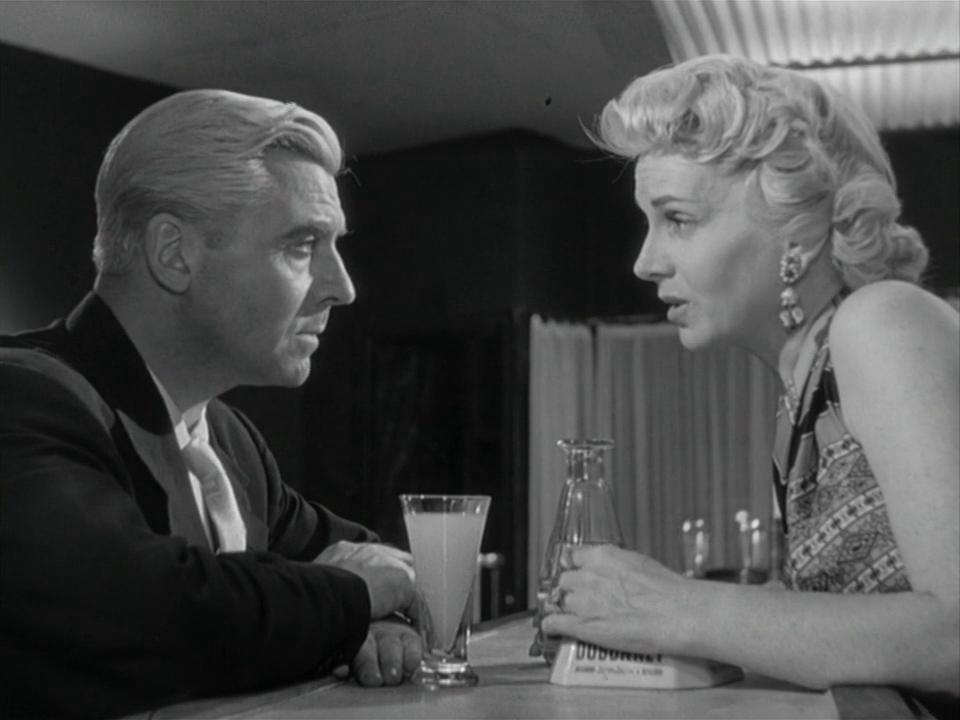
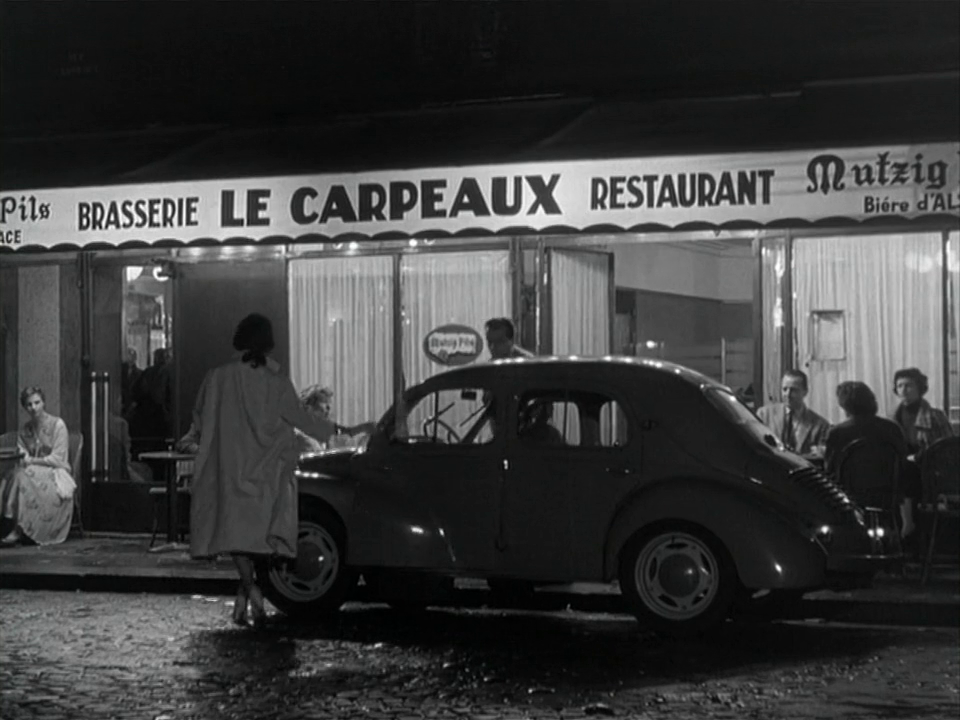
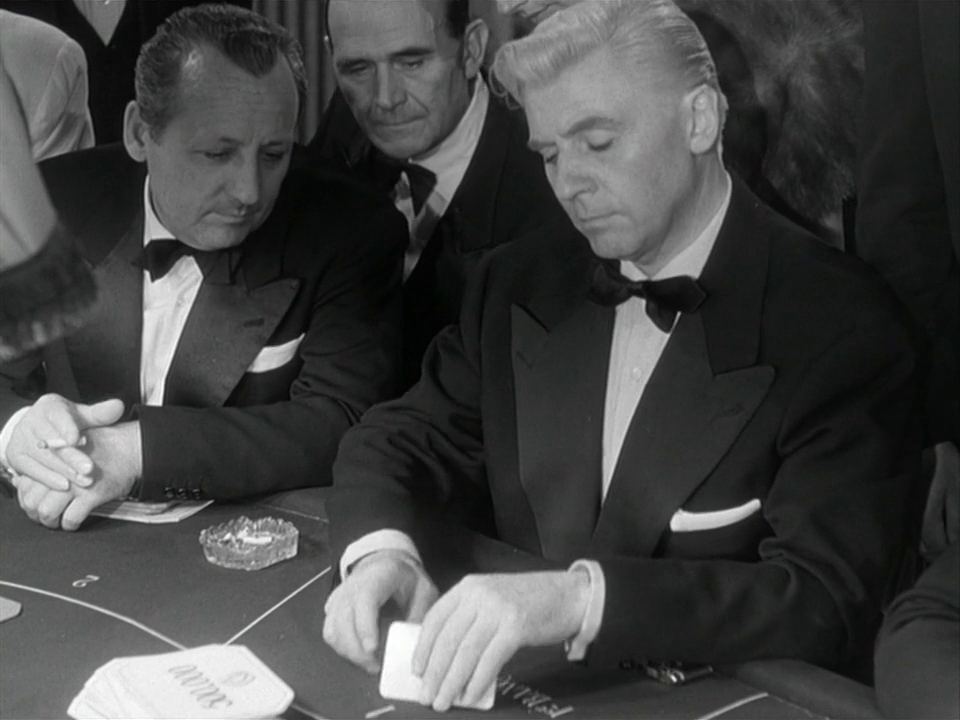
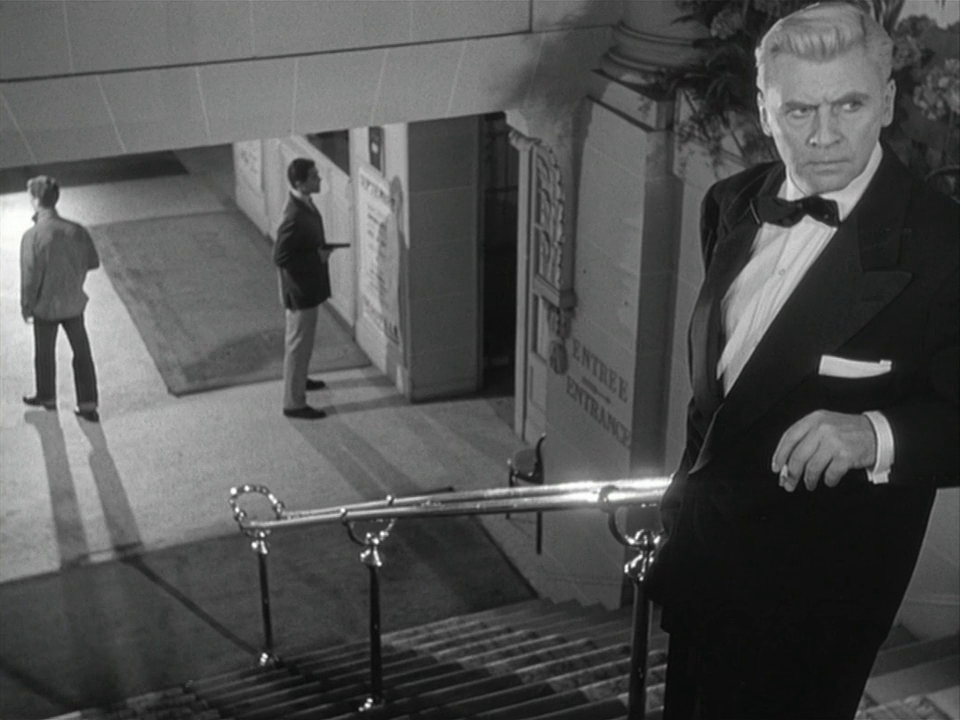
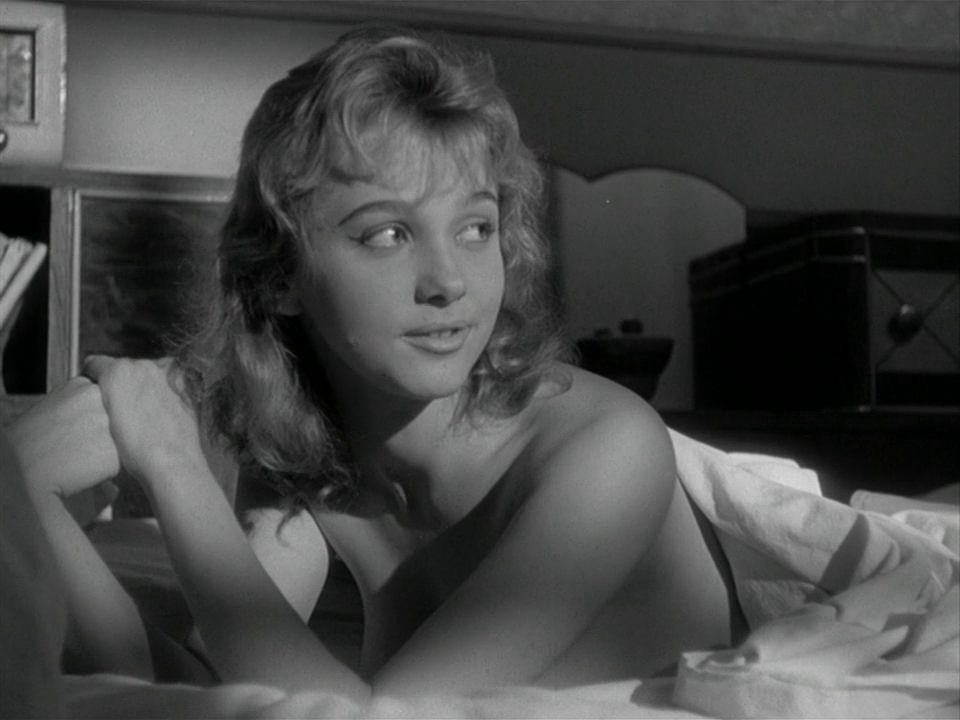

One thought on “Bob le Flambeur (1956)”
First viewing (8/30/17). Agreed; must-see as a first-rate heist flick. As per my post in ‘The ’40s-’50s’ in Film’ (fb). [Of the three other Melville films mentioned, I have seen ‘Army of Shadows’ – also in 2017 – and it is must-see.]
“800 million. 800 goddamn million. The job of a lifetime!”
‘Bob le Flambeur’ (1956): I’d not seen this before. Taking his cue from both Huston’s ‘The Asphalt Jungle’ and Dassin’s ‘Rififi’, Jean-Pierre Melville serves up his own take on the heist flick. Roger Duchesne is Bob – reformed bank robber but confirmed gambler, down on his luck, until he comes up with (of course) ‘the perfect scheme’.
What sets Melville’s caper flick apart (to make it his own) is that it is largely comprised of a flowing series of crisp, short scenes designed to hurry the progression of the plot along. Aside from the leisurely exposition to establish character, the film moves rather quickly. Along the way, there are some intriguing twists (including one significant one that is set-up early on).
Another major plus is the noir look secured by DP Henri Decaë; as well as the nifty soundtrack throughout. All told, a satisfying crime drama.